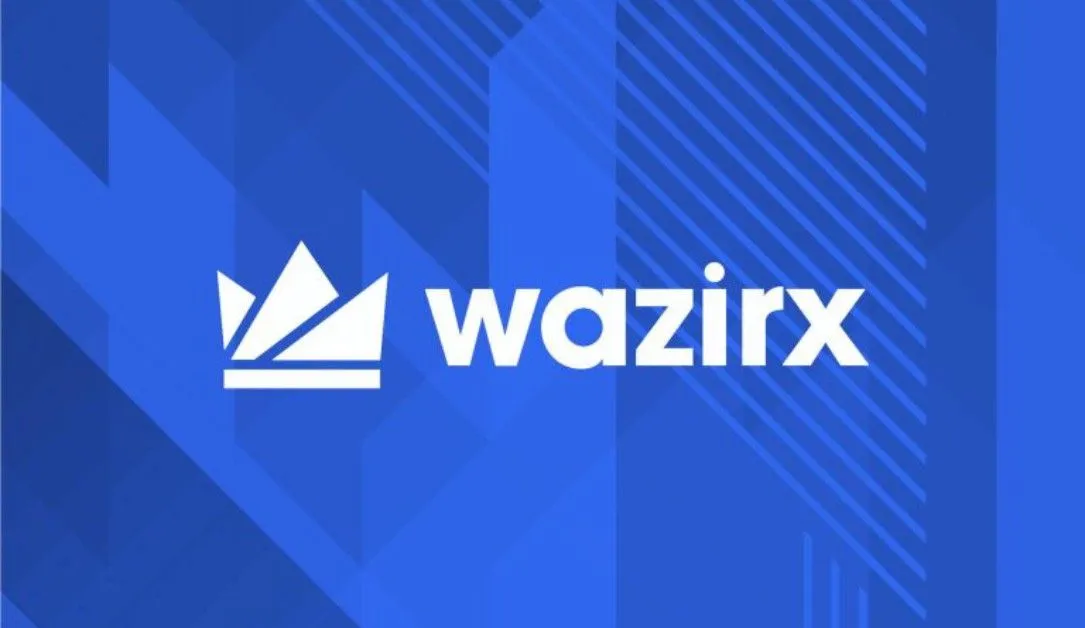|
Getting your Trinity Audio player ready...
|
In the ongoing saga of the $235 million WazirX hack, the cryptocurrency exchange has announced a significant step in the recovery process, freezing approximately $3 million in stolen assets. This move signals the platform’s commitment to addressing one of India’s largest cryptocurrency thefts.
WazirX, which operates under its parent company Zettai, has been working closely with law enforcement, forensic experts, and legal authorities to track and recover the stolen funds. The exchange’s efforts underscore its determination to regain the funds lost in the breach that affected over 15 million investors.
WazirX’s Recovery Progress: A Long Road Ahead
Despite the challenge, WazirX founder Nischal Shetty has described the recovery process as “just the beginning.” In a statement, Shetty emphasized the company’s unwavering commitment to retrieving the stolen cryptocurrencies, praising the support from users during this difficult time.
Jason Kardachi, Managing Director at Kroll, a global restructuring firm, expressed confidence in the recovery strategy. “Efforts to recover stolen assets are fully underway and moving in the right direction,” Kardachi noted, highlighting the combination of on-chain forensic analysis and legal action against those involved in the hack.
Customers Express Concern Amid Recovery Efforts
While WazirX and Zettai continue their efforts to resolve the hack, customers have voiced dissatisfaction and concern. In response, the exchange introduced a Recovery Token scheme in November to help settle debts owed to affected users. The scheme involves distributing tokens to creditors based on their balance on the platform at the time of the breach.
Adding to the tension, the hack’s potential links to North Korea have come to light. Authorities in the US, Japan, and South Korea have connected the attack to other high-profile cybercrimes, including the $308 million DMM Bitcoin theft and the $50 million Upbit hack.
As WazirX presses forward with its recovery, it remains to be seen how quickly the exchange can restore trust among its users and secure the remainder of the stolen assets.
Disclaimer: The information in this article is for general purposes only and does not constitute financial advice. The author’s views are personal and may not reflect the views of Chain Affairs. Before making any investment decisions, you should always conduct your own research. Chain Affairs is not responsible for any financial losses.
I’m your translator between the financial Old World and the new frontier of crypto. After a career demystifying economics and markets, I enjoy elucidating crypto – from investment risks to earth-shaking potential. Let’s explore!




